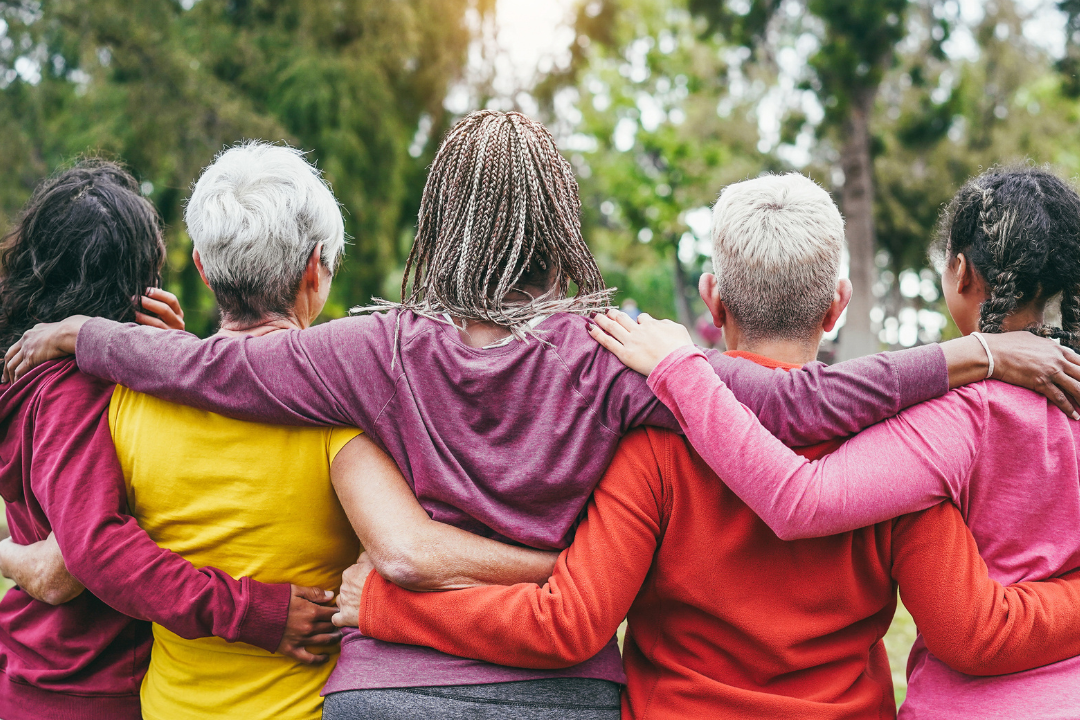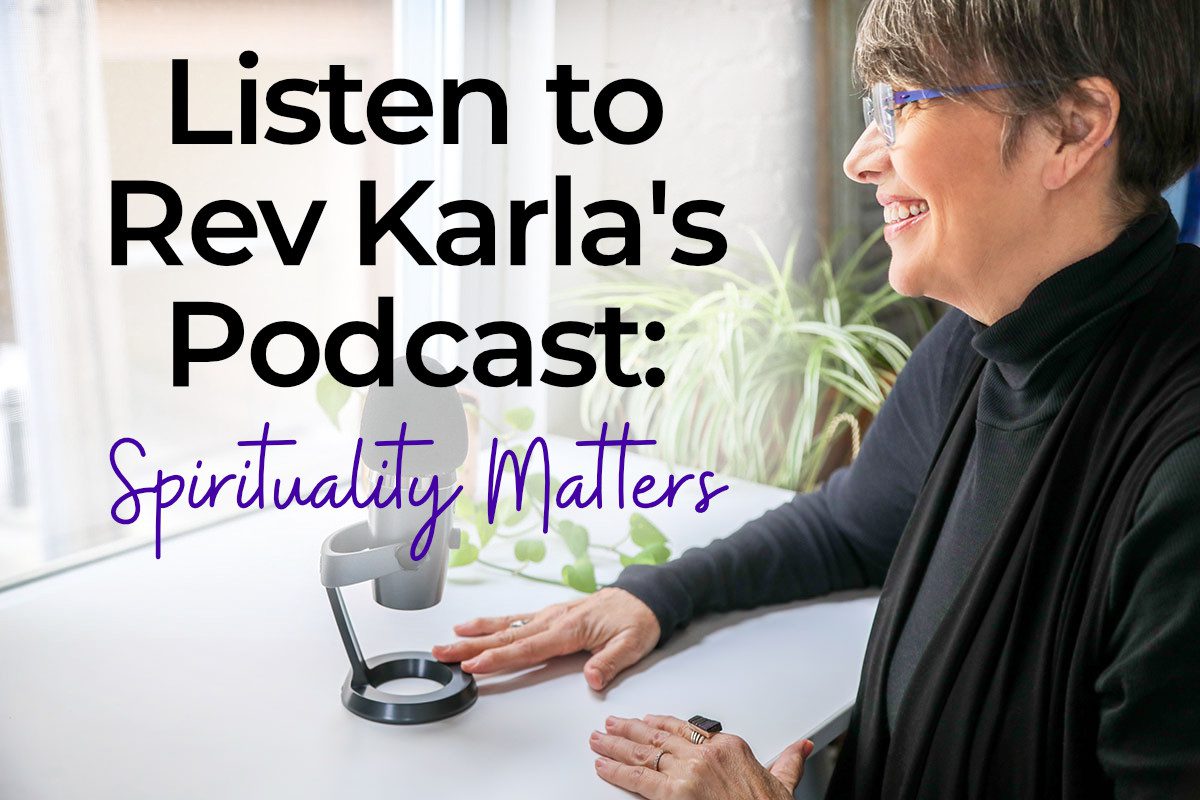
The Power of Connection
The Emotional Toll of Losing Your Church Community
“I just miss the people.”
A version of that statement is often said by people who leave church, and I feel this deeply. It’s a heartbreaking by-product of making the decision to leave the place where one has deep roots and relationships that may have begun in the church pews but then end up extending beyond the church walls.
Losing your church community is like losing one of life’s closest relationships. And just like the break-up of any relationship, the fall-out of that break-up trickles out to those who are impacted by it. The oldest sister may be recovering from the break-up from her boyfriend, but it is the baby brother who now sits in his room alone, feeling the loss of his gaming and pizza buddy who’ll not be coming over any more on Friday nights. He doesn’t care about the why—the boyfriend could be a control freak who scours his sister’s phone for any sign of infidelity or who is physically threatening to the point that his sister lives in fear that one day he reaches that breaking point and acts upon his threats.
The brother knows none of that.
The brother only knows that his proximity to and love for his sister prevents him from continuing that relationship. No one wins in a scenario where the former boyfriend is in the home with baby brother while sister brings home the new boyfriend.
No one.
It may seem an oversimplification of the relationships found in church to compare it to a brother who’s lost his gaming buddy.
Is it though?
Because what I experienced—a complete and utter disconnect from my entire church family—is the norm when one makes the decision to leave church. Sure, there was a round of calls from some members of my church family to “meet for coffee” to discuss everything I was doing wrong and to encourage submitting to church authority. I held firm that I wasn’t returning to a patriarchal religious system that had mastered spiritual bypassing and gaslighting to control its congregants.
What I later realized is that those coffee meetings were more about what wasn’t being said—it’s all of us or it’s none of us. By refusing to submit to church authority, I was in essence the one making the choice to no longer have any relationship with my church family.
That is the reality for the one who rejects the toxicity and lop-sided power inside a patriarchal structure. Somehow, it’s your fault. It’s all your fault. Everyone else is fine living within the system of oppression and obedience.
But you—not you, and now look at what you’ve done. You see through the abuse, the manipulation and gaslighting, choosing to step out of this toxic pattern of abuse, leaving behind those who cannot see the abuse, or even more frightening, see it but accept it as the established rules to stay tucked neatly in the fold of that church community.
Your presence is missed, but the collective is not allowed to express sorrow for those who have left. That would weaken the patriarchy. Instead, a story is spun that paints you in a negative, selfish light for having “fallen away,” leaving behind others to pick up the pieces of all of your unpaid volunteer work that you recklessly abandoned with no thought for those left behind.
How dare you?
And what of you, struggling with a decision you thought you would never make? Who leaves church when church was all you’d ever known? Who are you if you are not Christian? Who will you be on the other side of this?
Those and hundreds of other questions swirled around me, and I was left to navigate it without those who just a few days ago were an integral part of my spiritual life. With the exception of my children and husband, all of my relevant recent phone messages were from people from my church. With each passing day, those messages began to be pushed further down on the screen until they were relegated to the archived section of memory.
Just as it is in my phone, in life they no longer inhabit the space intended for those dearest to me. Nor should they. Yes, I made a choice, but so did they. The few that I did reach out to who promised to call me right back? I’m still waiting on those calls. The one who said she’d call me to have lunch some day and keep up? I’m still waiting on that lunch.
But it’s okay. It no longer burns, not because I don’t care, but because I also realize that a relationship—any relationship—with them would come with conditions.
More importantly, I’ve moved on.
And moving on, I’ve discovered that:
> Reclaiming my spirituality was far more important and healing than being in a relationship with those who see my journey as flawed or a mistake.
> Even though I may still miss some people who I no longer see since I left church, I’m far happier living with authenticity and in community with those who see me.
> Community is made sacred not by silencing your voice but by being close to those who help you find it.
> There are a multitude of ways to find connection. Church doesn’t have a monopoly on the gathering of like-minds and souls.
> I’m not only going to be okay, I’m going to flourish and thrive.
A few brave souls reached out to me after I left church. They too had decided to leave the toxicity that was brewing inside that church and also inside evangelical Christianity. They shared how the pastors had spun a narrative about my and my husband’s departure to deflect any responsibility from the church leaders.
Of course they did. And for a hot minute, I considered pushing back to share my side. But I soon discovered that, because I had come so far and continued to climb much higher, I would have had to reach far back and stoop so low to return to that chaos.
And it isn’t worth it.
Not anymore.
Why?
Because they cannot take away from me the peace I’ve found, the connections I’ve made, and the healing I’ve done without them. Missing my church family was hard, but in the end what arrived to fill that void is far better.
The loneliness was hard.
Living within a suffocating patriarchal religious structure was harder.
By rejecting the latter, I came through the former and now, having reclaimed my spirituality, discovered what it means to live free from rigid dogma.
If being there for some of my life got me here for the rest of my life, then I am forever grateful.
Blessed be.


